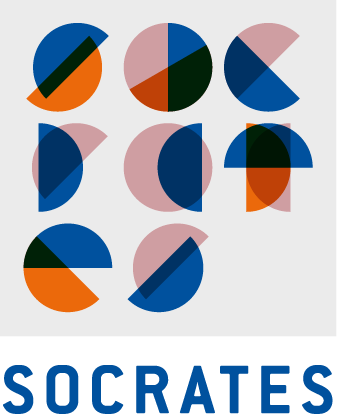How to Secure Public Trust in Value-Laden Science - A Fiduciary Model
Soazig LeBihan (University of Montana)
Many philosophers of science agree that science cannot, and in some contexts should not, be value-free. Values, whether epistemic or not, influence scientific practices in multiple ways (See Elliott 2022 and references therein). One worry is that value influence undermines public trust (Bright 2018, Lusk 2021). Public trust in value-laden science may not be warranted unless the values involved align with the public’s. The question is thus: how to conceive of value influence so as to ensure public trust in value-laden science? One proposed remedy to this conundrum is to require that scientists appeal to democratic values (Kourany 2010, Inteman 2015, Elliott 2017, Schroeder 2021, 2022 Lusk 2021). Democratic processes, after all, are a well-worn legitimization tool for authority. However, I argued that this strategy faces serious challenges, including the problems of marginalization and polarization (Le Bihan, 2023). In this talk, I offer an alternative model—The Fiduciary Model. I propose to import some of the concepts from Fiduciary Political Theory (FPT) to the field of Science and Values. FPT advocates defend a fiduciary model of government authority (Leib and Galoob 2016, Criddle at al. 2018, Galoob and Leib 2018). I argue that a fiduciary model of value-laden science could warrantee public trust.


